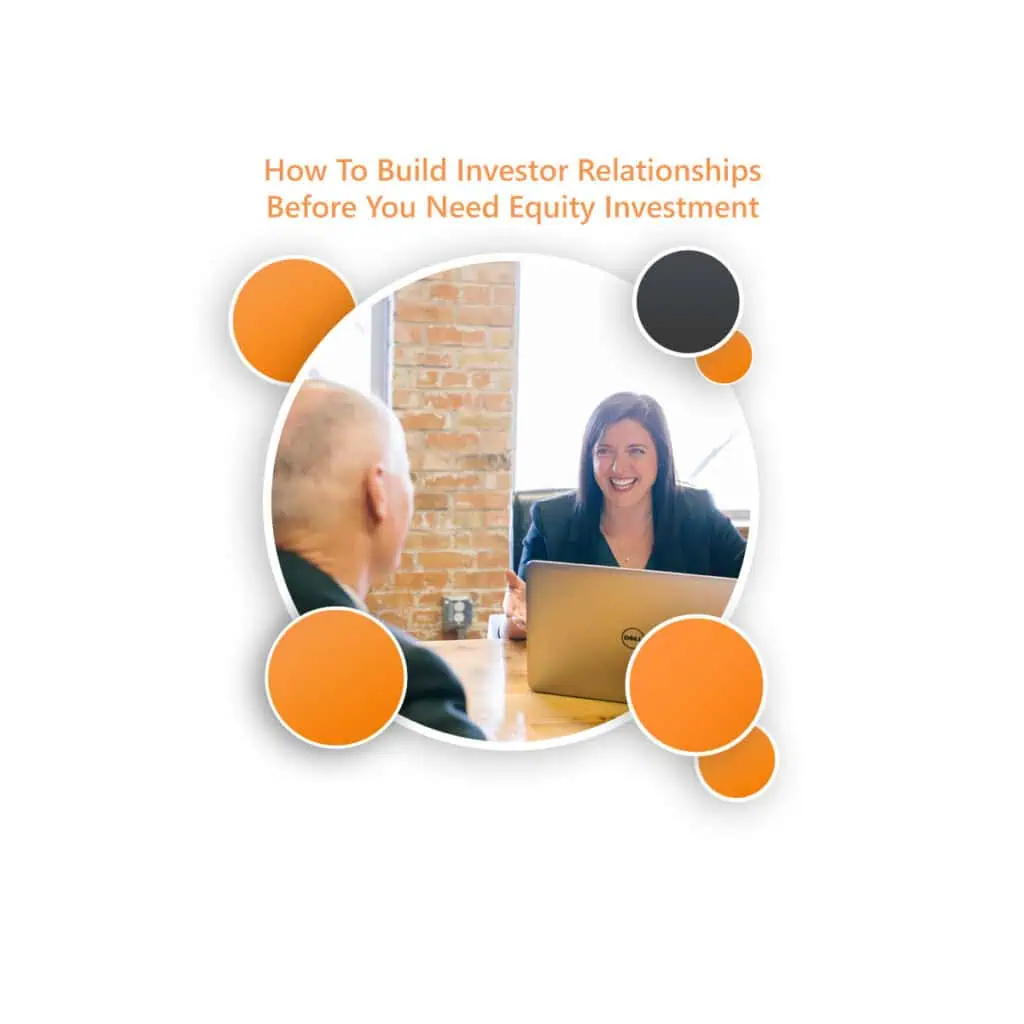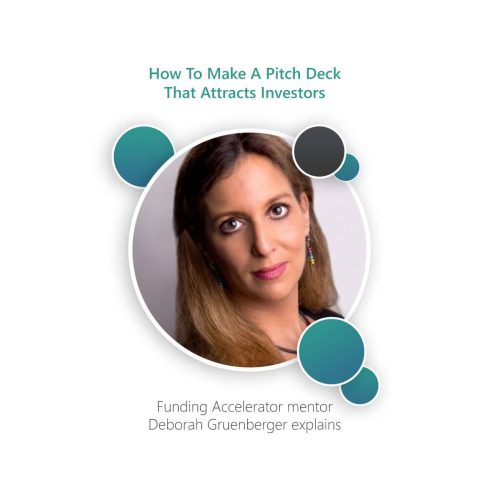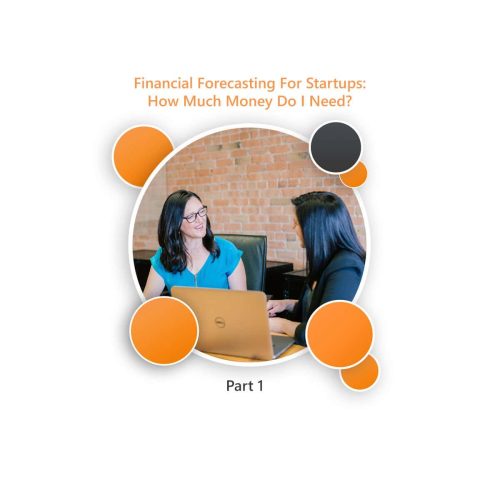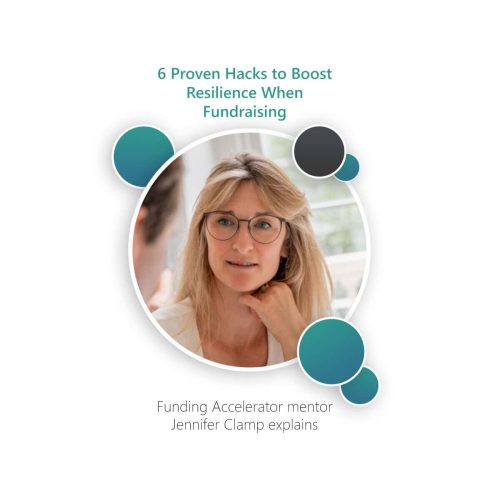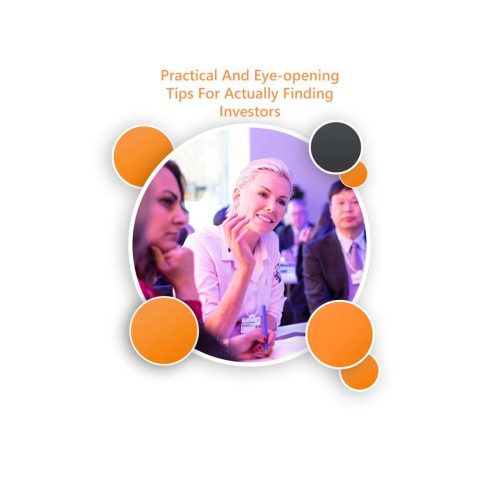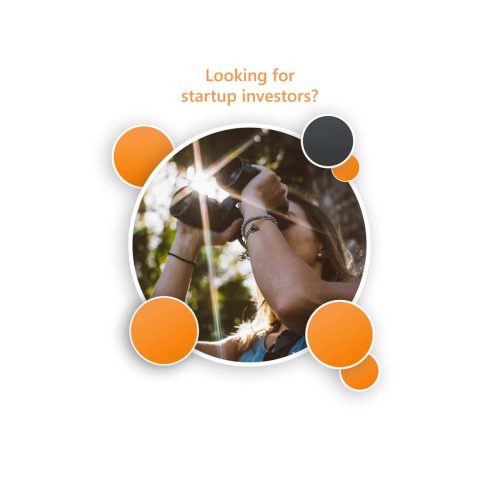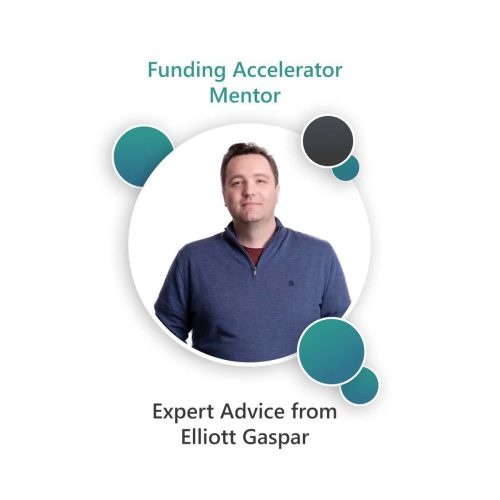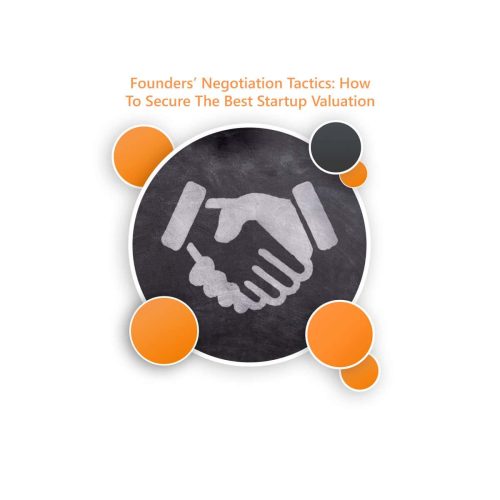When it comes to securing investment for your business, timing is everything. But here’s the kicker, building investor relationships before you need equity investment is just as important as the pitch itself. Investors want to know you, trust you, and feel confident in your business long before they sign that cheque. So, how do you nurture these relationships and make sure you’re on their radar when the time comes to raise equity investment?
In this blog, we’ll dive into why you should focus on building strong investor relationships early, and share tips on how to do it in a way that’s genuine and impactful.
1. Start Early – Long Before You’re Raising Equity Investment
Building relationships with investors takes time. You can’t just rock up at their door, ask for funding, and expect them to whip out their wallet. The best relationships are cultivated gradually, well before you’re in need of equity investment. By engaging with investors early, you give yourself the chance to build rapport and earn their trust – it’s also a way of you getting to know investors and making sure you can work with them once they’ve invested in your business.
Why it matters:
- You build trust over time, which is crucial when it comes to securing equity investment.
- Investors get a chance to follow your journey and see how your business evolves.
- It avoids the panic of last-minute fundraising and gives you more leverage when you’re ready to negotiate.
2. Get on Investors Radar (Without Being Pushy)
The key to building investor relationships is to approach them without immediately asking for money. You don’t ask someone to marry you on the first date and you shouldn’t be asking investor for money they first time you speak to them either! You don’t want to come across as pushy or transactional. Instead, take the time to introduce yourself and your business, share insights and updates on progress made, and ask investors for their advice or feedback.
A great way to start is by attending events, networking meetups, or even reaching out on LinkedIn. Comment on their posts, share relevant industry news, or casually check in with an update on your business’s progress. These small interactions keep you on their radar, showing them that you’re serious and engaged, without being overbearing.
Why it matters:
- You build a relationship that feels more organic and less transactional.
- Investors appreciate founders who seek advice, not just money.
- It creates a connection that could open doors down the line.
3. Share Your Progress and Milestones as part of building Investor Relationships
Investors are far more likely to back founders they’ve seen deliver on promises over time. So, keep them updated on your business’s key milestones, even if you’re not yet looking for equity funding. Whether you’ve hit a revenue target, launched a new product, or brought on an important hire, sharing your wins (and even your challenges) keeps investors in the loop and shows them you’re making progress. If things aren’t going so well, asking for advice or different options to help you overcome challenges shows investors you are proactive in getting the support you need when you need it.
Regular updates give investors a chance to provide feedback, offer advice, or even introduce you to key clients or other potential backers. Over time, this builds a sense of familiarity and trust.
Why it matters:
- Sharing milestone wins demonstrates traction and progress, which are critical for investors.
- Regular updates maintain an ongoing dialogue, keeping your business top of mind.
- Investors feel more comfortable backing someone who has proven they can execute.
4. Ask for Advice, Not Money
Investors love to give advice. Many investors have run their own successfully business and enjoy drawing on their experience as a form of “giving back”. And asking for advice can often be a more powerful way to engage with investors than asking for cash. It shows that you respect their expertise and value their opinions, rather than just seeing them as a cheque book.
By framing your conversations around seeking guidance, you can build deeper investor relationships without the pressure of asking for equity funding. Investors who feel involved in your journey and have a chance to contribute to your success are more likely to consider backing you when you’re ready to raise.
Why it matters:
- Asking for advice helps build rapport and opens doors for future investment.
- Investors appreciate founders who seek guidance and show a willingness to learn.
- It creates a relationship based on mutual respect, rather than financial transaction.
5. Be Transparent About Your Challenges
One of the biggest mistakes founders make is only sharing the good stuff. While it’s tempting to always showcase the positive in your business, investors know that things don’t always go to plan and they appreciate transparency in their relationships with founders. If you’re facing a challenge or are unsure which strategic option would be best in a particular circumstance, don’t be afraid to share this with your network of potential investors and ask what they would do. This can actually build trust, as it shows you’re honest and open about the realities of your business.
Investors are far more likely to back founders who are realistic about their challenges and who can demonstrate that they’re actively working on solutions.
Why it matters:
- Transparency builds trust and credibility in your investor relationships.
- Investors value founders who can navigate challenges and find solutions.
- Being open about the rough patches makes the relationship more authentic and less one-sided.
6. Build a Strong Personal Brand
In the world of startups, investors are just as likely to invest in you, the founder, as they are in your business. After all, as the founder, it is your passion and commitment that will be driving the businss in the early days. That’s why building a strong personal brand can be a powerful tool in attracting the right investors and building strong investor relationships. Share your thoughts on industry trends, contribute to relevant conversations on social media, or even write articles about your experiences as a founder. The more you establish yourself as a thought leader in your space, the more likely you’ll catch the attention of investors.
Your personal brand can also demonstrate your passion, commitment and vision, qualities that investors look for when backing a founder.
Why it matters:
- A strong personal brand makes you stand out from the crowd.
- It helps investors see your leadership potential and commitment to your vision.
- Your online presence can act as a credibility builder, opening the door to introductions and conversations.
7. Make the Most of Your Network
Your existing network can be a goldmine when it comes to connecting with investors. Whether it’s other founders, advisors, or mentors, there’s always someone who knows someone who can make an introduction. Warm introductions go a long way with investors, as they’re more likely to pay attention when someone they trust recommends you.
Don’t be shy about tapping into your network, asking for introductions, or attending events where investors are likely to be present. And remember, networking isn’t about making immediate asks, it’s about forming genuine relationships that can benefit both parties.
Why it matters:
- Warm introductions give you a foot in the door and build immediate credibility.
- Your network can help you find the right investors for your business.
- It’s a small world, connections often lead to more connections.
8. Be Patient—Relationships Take Time
Perhaps the most important piece of advice is to be patient. Building strong investor relationships doesn’t happen overnight. It takes time, consistency, and genuine effort. Don’t rush the process or force a relationship that’s not there. The more authentic you are in building these connections, the more likely they’ll pay off when you’re ready to raise capital.
Remember, investors want to back founders they trust and believe in, and that trust is built over time through consistent communication, transparency and a genuine relationship.
Why it matters:
- Rushing relationships can come across as transactional or desperate.
- Taking the time to build trust pays off in the long run when you need funding.
- Authentic relationships lead to better investment opportunities and partnerships.
Relationships First, Funding Second
In the startup world, it’s easy to think of investors as the end goal. But the truth is, the relationships you build with them are far more valuable than a single round of funding. By nurturing these relationships early, you position yourself as a credible, trustworthy founder,and when the time comes for fundraising, you’ll already have a network of investors who are ready to back your business.
Is your business investor ready? Answer these 20 quick questions to find out!
- How to Raise Money (Without Losing the Plot) - June 9, 2025
- How I Raised £250K – and Help Other Founders Scale with Equity Funding - June 9, 2025
- This Is Why A Business Exit Strategy Actually Attracts Investors - March 9, 2025

